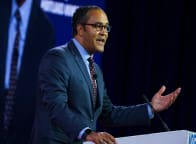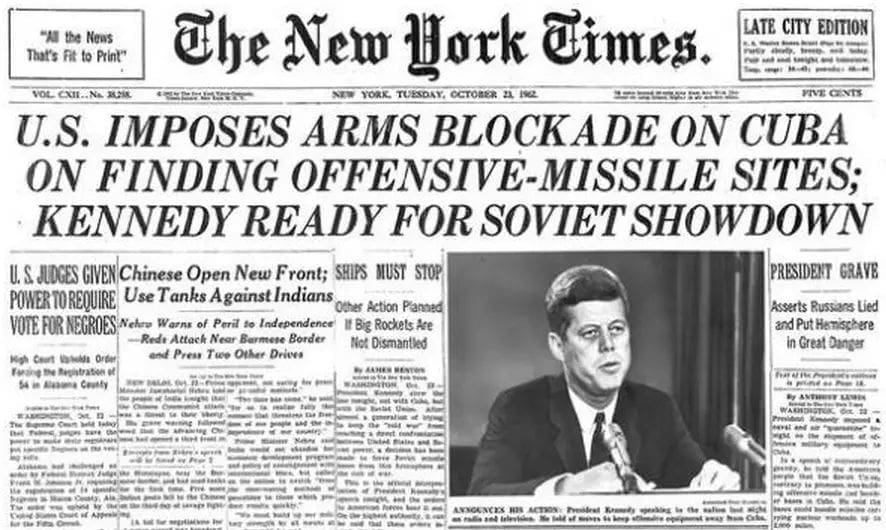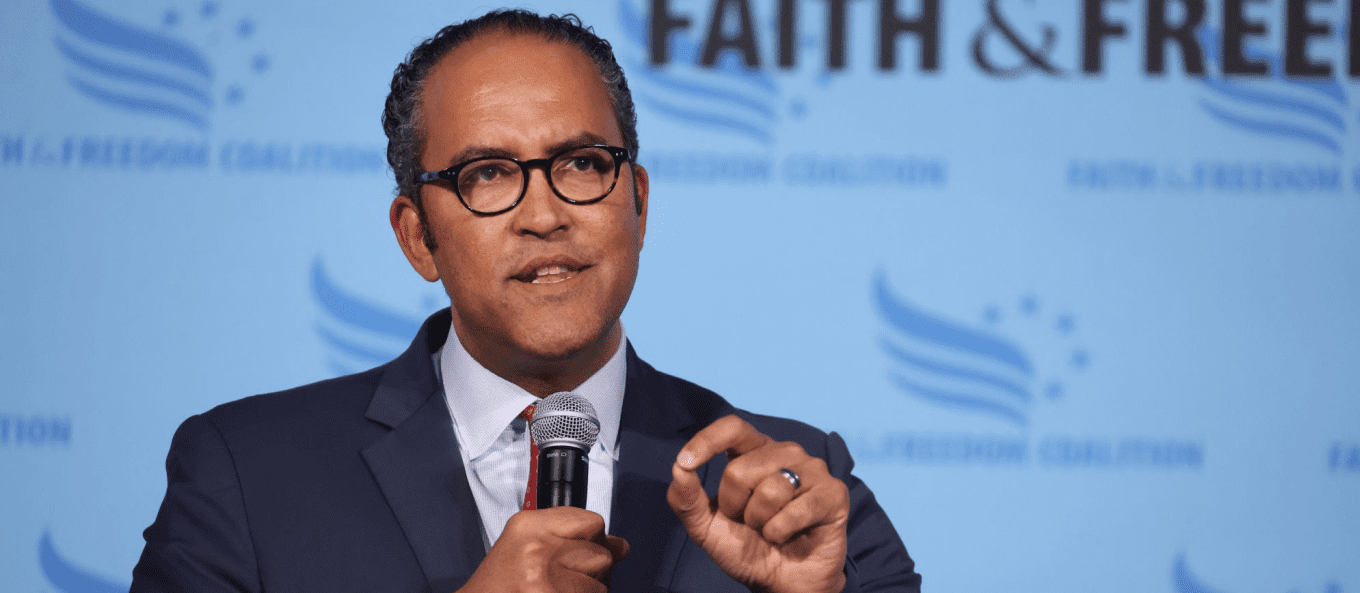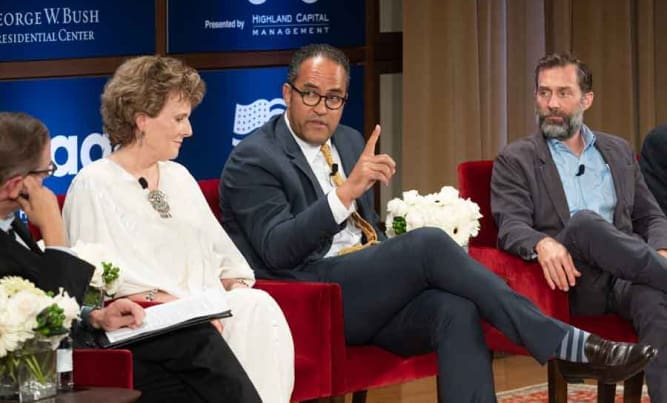In 1962, during the Cuban Missile Crisis the world came the closest in human history to the brink of nuclear war. There are useful lessons from this Cold War period, when nuclear missiles were being transported on Soviet ships to support Fidel Castro’s Cuban revolution, that aren’t being applied to relevant situations in the world right now. During those 13+ days beginning on 27 October 1962 when the U.S. became aware of the presence in Cuba of Soviet missiles that could strike any city in America:
- The Cuban military executed an air strike killing American Air Force pilot Rudolf Anderson Jr. when he was conducting a mission in his U-2 spy plane to take photographic evidence of missile sites in Cuba.
- The Kennedy Administration ordered the U.S. Navy to conduct a naval quarantine of Cuba and amassed American forces, over 180,000 troops, in Florida to be prepared to invade Cuba.
- The captain of one of the many Soviet submarines in the waters around Cuba actually gave an order to crew members to launch a nuclear tipped torpedo at an American destroyer. He was talked down by his second-in-command.
- There were military and national security advisers in the Soviet Union, Cuba, and America urging Soviet leadership and the White House to shoot first to maintain tactical advantage in the advent of a nuclear war.
Why Did the Cuban Missile Crisis Happen?
The Cuban Missile Crisis was a result of several factors, both internal and external to each country. The Soviet Union was amid a nuclear arms race with the United States, and they saw the placement of missiles in Cuba as a way to close the gap. Additionally, the Soviets were facing political instability at home, and they saw the resulting conflict over the island nation as an opportunity to project strength on the world stage.
The U.S. was concerned about the placement of Soviet missiles so close to their borders. We saw it as a direct challenge to our authority in the Western Hemisphere. In short, a combination of geopolitical tensions and domestic concerns led to the Cuban Missile Crisis.
How Was the Cuban Missile Crisis Resolved?

Source: The Soviet freighter Anosov carries a load of missiles away from Cuba on Nov. 9, 1962. AFP/GETTY IMAGES FILE PHOTO
The Cuban Missile Crisis was ultimately resolved through diplomacy and negotiations between the United States and the Soviet Union. Attorney General Robert Kennedy passed a message from his brother – President John F. Kennedy – to the Soviet Ambassador in the U.S., a response to a previous letter sent by Russian Premier Nikita Khrushchev which included a request for the U.S. to remove missiles from Turkey and Italy.
Because of the lack of secure communications at the time, the Russian ambassador had to transmit this World War III-preventing message back to the Kremlin via Western Union – the most popular way in the ‘60s to send a telegram around the world.
- A seventeen-year-old employee of Western Union picked up the message which required a response within twenty-four hours – from the Russian embassy on his bicycle and pedaled it to the Western Union DC office for transmission to Moscow. Kennedy found out Khrushchev’s response over a radio broadcast in Western Europe.
The resolution involved the following key points:
- The U.S. agreed not to invade Cuba, ensuring the security of Fidel Castro’s regime.
- The Soviet Union agreed to dismantle and remove its nuclear missiles from Cuba under the supervision of the United Nations.
- In a secret agreement, the U.S. agreed to dismantle and remove its Jupiter missiles from Turkey, which were positioned close to the Soviet border. This part of the agreement was not made public at the time to avoid the appearance of a “trade” between the U.S. and the Soviet Union.
The Soviet Union and America resolved the issue of missiles in Cuba because both parties made concessions in order to avoid a nuclear conflict, which would have had devastating consequences for both countries and the world as a whole. The resolution of the Cuban Missile Crisis is often cited as an example of effective diplomacy and negotiation in the face of extreme tension and potential disaster.
Lessons Learned from the Cuban Missile Crisis
Three countries were making decisions that could have led to a nuclear war — causing the complete destruction of life on Earth — based on very imperfect information, and Fidel Castro, Nikita Khrushschev and President John F. Kennedy had a significant misunderstanding of the information that they did have.
- American officials didn’t know nuclear warheads and ballistic missiles were already in Cuba and we significantly underestimated the number of Soviet forces reinforcing the Cubans on the island.
- The Cubans firmly believed that Kennedy was searching for any pretext for an invasion of Cuba but didn’t realize that after the Bay of Pigs debacle, which Kennedy inherited from the Eisenhower Administration, Kennedy had zero interest in trying again.
- The Russians failed to realize the American nuclear bombs that were in Turkey, which the Soviet military thought were going to be used to attack Russia, were already set to be decommissioned.
Leadership Matters

Top to Bottom, Right to Left: Vasily Arkhipov, Nikita Khrushchev, John F. Kennedy, Rudolf Anderson Jr
One of the lessons of the Cuban Missile Crisis is that leadership matters. Calm and cool leaders possessing integrity, who are unafraid of suffering the consequences that often come with doing the right thing, could be the only thing that separates us from Armageddon and peace.
We all owe a debt to Soviet Naval Officer Vasily Arkhipov for keeping his sense about him and preventing a Soviet nuclear armed submarine commander from executing a nuclear strike on an American vessel conducing a naval blockade of Cuba. This action would have turned the Cold War into a hot nuclear war.
The leaders of the two superpowers – Soviet leader Nikita Khrushchev and President Kennedy —were able to overcome the inertia of groupthink by their advisors and be calmer and cooler than everyone around them to prevent a catastrophe. Kennedy and Khrushchev were able to deescalated the Cuban Missile Crisis via telegrams and radio broadcasts.
Countries Must Make Their Intentions Clear
Another lesson is that countries need to make their foreign policy intentions clear to prevent misconceptions by allies or adversaries. The Cuban Missile Crisis had several consequences and implications for the Cold War and the world. It was the closest the two superpowers came to a nuclear war and made them realize the need for better communication and cooperation to prevent future escalation. It also led to the establishment of the hotline between Washington and Moscow, the signing of the Partial Nuclear Test Ban Treaty in 1963, and the creation of the Nuclear Non-Proliferation Treaty in 1968.
The Parallels between the Cuban Missile Crisis and the Taiwan Straits
Unfortunately, today, the U.S. and our allies are failing to understand the importance of communicating intentions when it comes to another island nation — Taiwan. It could be a tinderbox to ignite World War 3.
The Cuban Missile Crisis and the conflict between Taiwan and China involve the rivalry and competition between two major powers and their respective allies and interests in a region of strategic importance. They reflect the ideological and historical differences and tensions between different political systems and visions of world order: democracy and communism in the former, democracy and authoritarianism in the latter.
Both the Cuban Missile Crisis and the conflict between Taiwan and China involve the presence and deployment of nuclear weapons and conventional forces that pose a threat or deterrence to the other side and create a risk of escalation or miscalculation. These conflicts involve the balance between preserving national interests and sovereignty and maintaining international norms and stability.
Both the Cuban Missile Crisis and the conflict between Taiwan and China involve the impact and influence of domestic politics, public opinion, media, and culture on the shaping and perception of the crisis and its possible outcomes. They also involve the potential for social and economic disruption, mobilization, or protest in response to the crisis.
Why We Should Care about Taiwan

Americans are rightfully asking why we should care about whether China will invade Taiwan? Americans are grappling with rising costs of everyday products from fuel to food, dealing with the constant impacts to supply chains from the aftereffects of COVID-19 pandemic and inflation, and worrying about whether their kids are getting the right education to be successful in a world that is becoming more interconnected and complex?
Despite these challenges we should care whether an island in East Asia is part of mainland China or not because all these issues will be made worse by a Chinese invasion of Taiwan. If the People’s Republic of China were to cross the Taiwan Strait to eliminate and subjugate the Taiwanese people, then Chinese President Xi Jinping would capture an additional 64% of the world’s manufacturing capacity of semiconductors — the building blocks of the information revolution.
A China Taiwan invasion would impact the ability of Americans to get phones, computers, cars, and domestic appliances like refrigerators, this would affect the American economy’s role as the most important economy in the world, impacting the purchasing power of Americans, our retirement accounts, and our kids’ ability to get good paying jobs.
Discover the broader significance of Taiwan to the U.S. and its global implications.
China Has Made Its Intentions Known
Chinese leaders have made it clear that the status quo on the Taiwan issue, or more specifically Taiwan independence, is not acceptable. China’s leaders have made it clear in recent years, since at least 2015, that they want to surpass the United States as the world’s sole superpower. They have been executing a plan to achieve this goal by striving to be the world’s leader in several advanced technologies like 5G, artificial intelligence, and quantum computing — just one more reason tech is important. What all these things have in common is that they need a whole bunch of semiconductors to work.
In mid-October 2021, the Minister of Defense for Taiwan said that after years of military exercises and preparation that by 2025 Chinese military forces would be able to conduct a full-scale invasion to control Taiwan, and we might not be able to bring semiconductor manufacturing back to the U.S. within this time period.
Bottomline
If we are going to protect U.S. interests and prevent China from bullying the rest of the world and exporting its human rights abuses that we have seen against communities such as the Uyghurs and in places like Hong Kong, then we will have to do it in a way that will prevent the kind of brinksmanship we saw fifty-nine years ago during the Cuban Missile Crisis.
The United States and President Biden will have to work double-time with our allies now to make the Chinese government understand the juice won’t be worth the squeeze. Otherwise, we better have a U.S. President that is calm, cool and with plenty of integrity who can deal with this quagmire in 2025 because this conflict is coming whether we like it or not.
First time reading? If you want rational takes on foreign policy, politics and technology then sign up below for “The Brief.” It’s a twice-a-month email on things that aren’t being discussed but should – all in 5 minutes or less. You can sign-up here.






























